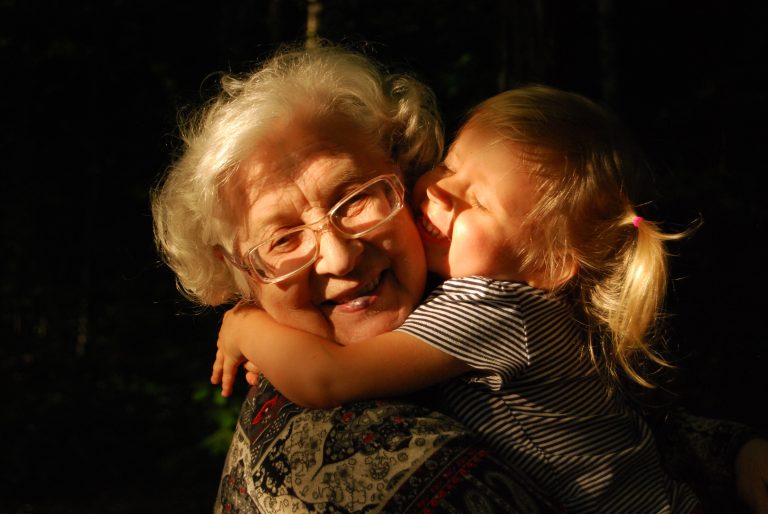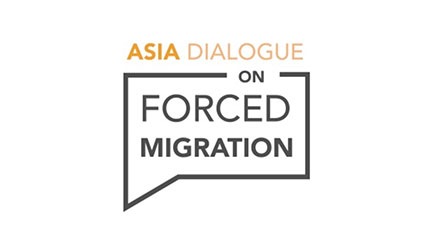Many supporters of the ABC felt relieved when a hostile conservative government was replaced by a
social democratic one which claims to be friendly.
Since the election, some
have called for Howard Government appointees to resign from the board and
for the ABC to be properly funded. The change of government, however, is no guarantee
that money will pour into Aunty’s coffers and a left-wing ABC Board will arise
from the ashes of the culture wars.
Perhaps we need to be more creative in what
we wish for. Obsessing about individuals and their
bias is not the best way to stop the board from being a political plaything, and it
is not the solution to the ABC’s governance problems. A progressive response
should reject score settling, and instead ask how to enhance public
participation in the ABC.
The ABC is grappling with
how to transform itself from a paternalistic public broadcaster catering to a
loyal if passive audience to a multi-channel narrow-caster, engaging diverse
and conditional audiences that have an expectation that they will participate,
or at least be consulted, in content creation. While many innovators
within the ABC are rising to this challenge, the wider public debate has been a
sterile contest between those neo-liberals who loath a state broadcaster which they
imagine to be a nest of radicals, and those social democrats and old-style
conservatives who uncritically love an ‘Aunty’ that is no more. Unfortunately,
long opposition to the Howard Government’s savage funding cuts, bullying of
staff and stacking of the Board have led to a negative siege mentality that
stops people who value the ABC from doing some hard thinking about how public
broadcasting needs to change to remain relevant to emerging audiences with different,
and in many ways more exacting, expectations of media.
I suggest that the ABC needs radical change, and I offer up a plan for creating a
non-partisan and fairer system for selecting the board.
Cultural
warriors such as Keith Windschuttle or Janet Albrechtsen are no more likely to
resign with the change of government than Labor appointees were when the
Coalition was elected. Attention should instead be directed to Labor’s election
pledge to surrender the government’s right to make appointments and adopt the
‘arm’s length’ Nolan Rules, recently confirmed by Senator Conroy, used for choosing members of public boards in
Britain.
Under the Nolan Rules, vacancies are advertised
and a selection panel independent of the Minister draws up a short-list based
on merit from which the Government must choose. This will mean a vast
improvement to the quality of all public boards to which it is extended, as
mates, dates, assorted party hacks and ideological axe grinders make way for
the qualified or those with deep community connections. In the interests of transparency
we can only hope this meritocratic innovation is adopted by state governments,
beginning with board appointments in patronage-crippled NSW. With regard
to the ABC, Rudd Labor also promised to restore the staff-elected director to
the board. A board member who knows something about broadcasting
will be a welcome addition and this concession to workplace democracy can only
improve governance and espirit de corps.
But as part of the ALP’s
promise to ‘further increase the transparency and democratic accountability of
the ABC’, why not extend the principle of election further, and allow the
election of one or two non-party community representatives, and a
representative from the cottage industry of independent producers who provide
so much of the ABC’s content? Many Labor insiders, accustomed to the
predictability of party pre-selections, are opposed to election of boards, arguing
that democratic control is already exerted by parliament, or that people will
vote for celebrity lightweights. Due to a century of grounding in
producer value and worker’s rights, the ALP culture is comfortable with workplace
democracy, but still suspicious of calls for consumer democracy. However I’m
convinced strong candidates will get up and that the debates surrounding
election to the Board will increase the relevance of the ABC to a changing
community and enhance the public’s sense of ownership. Election
will ensure some ideas entrepreneurs and mavericks who may be knocked back by
the Nolan process get to make their case.

Crucially, the Rudd
Government is entitled by precedent to dissolve the current Board and
inaugurate a new one in a clean sweep as part of its promised reform of the
selection process. The passing of legislation mandating the Nolan Rules
for the appointment of directors, in combination with election of one or more
positions, will be on a par with the reforms introduced by Hawke in 1983 in
response to the Dix Report, at which time the old Commission was dissolved and
the new Corporation’s Board took over. This is preferable to the dysfunction of
a Board divided between political appointments and those selected by fairer
means. In this way the terms of the last of the old style political
appointments can end early with minimal acrimony.
But reforming the Board by
itself is insufficient. Few realise that the ABC Advisory Council, the official
mechanism by which the community communicates directly with the ABC hierarchy,
is appointed by the Board. I was a member of the then ‘National’ Advisory
Council in the mid 1980s, appointed on the basis of an interview with Board
Directors Veronica Brady and Neville Bonner at a time when the ABC encouraged
public activism by the NAC via community forums and research. But we have not
heard much from the Advisory Council during the past decade of turmoil. The AC
is unlikely to be a conduit for independent or dissenting advice unless it is
elected or chosen under the Nolan Rules. It is also a cause of
concern that the once vocal state-based Advisory Councils were abolished in 1989 ahead of the centralisation of
production and commissioning in Sydney, that began with the demise of the
state-based 7.30 Reports. These valuable state community forums
should be re-established as part of the Rudd Government’s overhaul of the
Board.
Representative
structures only go so far towards democratising the ABC. In 2002 the Australian
National Audit Office (ANAO) investigation found the ABC wanting in the area of
qualitative audience research. The Auditor felt that reliance on
the commercial ratings system was inappropriate for measuring how successfully
the ABC was meeting its charter requirements. Unfortunately, the ABC persists
in over-reliance on OzTam or Nielsen ratings and still favours executive
hunches over audience consultation, as the recent debacle about its watermark
logo demonstrated.
But audiences have
nevertheless impressed themselves on their ABC via ABC Online.
The
new Innovation division and forward-looking producers have taken advantage of
the interactivity of the new medium, and viewers and listeners are now contributing
ideas and comments through the ABC’s forums and blogs. Just as listeners have
done with radio talkback, audiences are becoming part of online content, contributing
passionate and informed discussion alongside program makers and their ‘talent’.
New media has also liberated the ABC from the tyranny of the ratings, allowing
audience numbers and use patterns to be measured via pod and vod cast downloads
(17 million in 2007, with even more ‘hits’). Lo and behold, as well as the
favourite The Chaser, Radio National programs are actually popular, not
just in Australia
but internationally. With the move into digital multi-channels I predict ABC
Online will enable audiences to shape content still further, commenting on
pilot programs and even offering up their own programs for comment, You Tube
style, as children already do on the just-launched Rollermache site.
Where the ANAO lamented a
tendency for Shier-era bureaucrats to manage up the pyramid, to the Managing
Director, the ABC’s digital initiatives are orientating program makers in the
other direction, towards their diverse audiences. This is a
democratic and creative trend collapsing the barriers between consumers and
producers, and it should be a priority for resourcing by the Rudd government
which has pledged to ensure that the ABC is ‘able to exploit the potential of
new technology’. Senator Conroy said in February that the ABC and SBS would be exempt from the
one-off 2% efficiency cut intended for all Federal government agencies.
This is good news, but will the ABC get a funding increase from the Rudd
Government in the next budget? The ALP went to the election only promising
‘adequate’ funding of the ABC, and an increase seems unlikely in the coming
belt-tightening budget, despite community expectations to the contrary.
However, a targeted grant to assist the ABC to continue its ground breaking
initiatives in digital narrowcasting would be money well spent by a government
interested in innovation and ‘democratic accountability’.
Through his Australia 2020 Summit, Kevin Rudd has
signalled that the Government is open to new ideas and solutions, rather than
the ideological orthodoxies that have dominated the agendas of right and left
for the past decade. Applying this type of thinking, progressives should move
beyond the culture wars and the funding fetish, and towards bigger ideas about a culturally
democratic ABC.
|
[adsense:234×60:1:1] |




